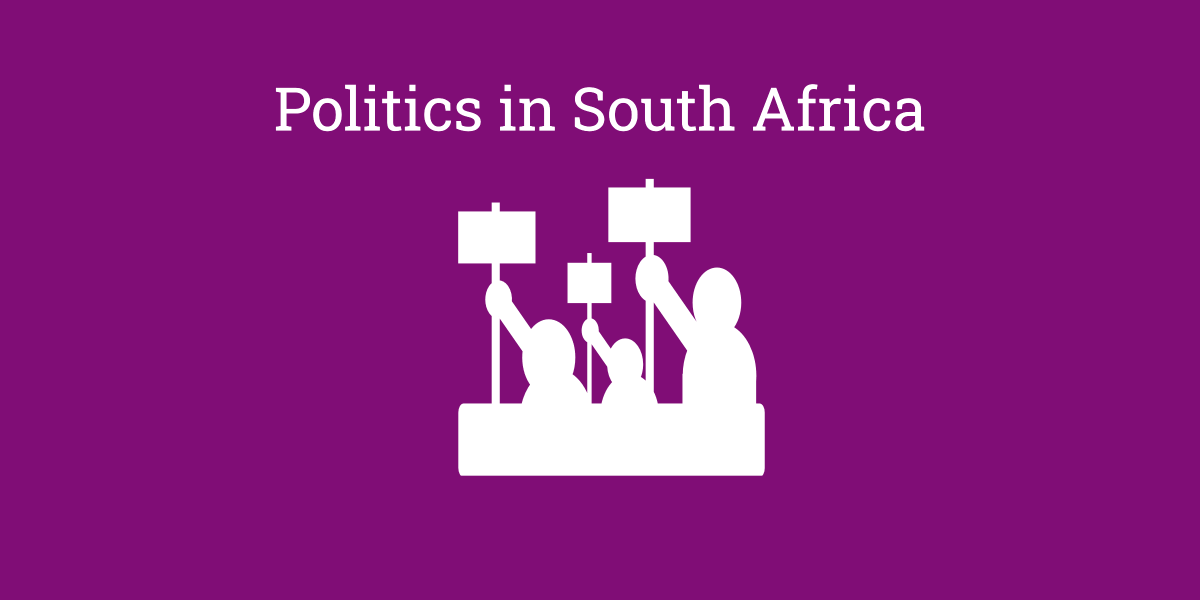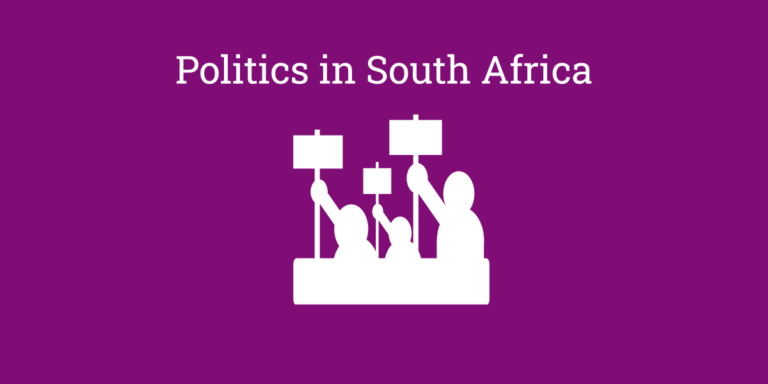Where is “our generation”? I do not mean the generation of which I am part. I am rather speaking of the generation that the journalist and activist Zubaider Jaffer called Our Generation — which is the title of an interesting book that provides a personal account of the struggle; that generation that fought the street battles against the apartheid state.
You know the type: unafraid to confront the apartheid state, embedded in community organisations, organising rent boycotts. Their credo was simple: isolate the enemy that was the apartheid state. They were the face of the United Democratic Front and the African National Congress. Some of them were involved in the underground, some were members of MK, in the unions, but a large number of them were simply community activists who chose to live a life of honour and freedom, which meant risking death. They did much more than many of us, including me. They were more courageous than us. They were ordinary people doing extraordinary things.
Where are they today?
Many remain active in the ANC and provide an important link between our past, present and future. Working as councillors, or holding some other political office, they are attempting to provide political leadership. There voices, however, remain small in an increasingly democratic centralised structure that has emphasised centralisation and forgotten about the democratic. Others have built impressive political careers and tend to be the ones enforcing the centralisation.
Many have retreated from political life after democracy. After years of neglecting their families, some choose to live “normal” lives. Others tried to continue to be politically active in the ANC, but opted out. Some could not understand the “exile” culture. Some went because of Gear. Others fought bruising battles against those once called “johnny-come-latelys”. And the people winning the battle for control of branches were almost always the “johnny-come-latelys”.
Others were incredulous at the deals made with “apartheid stooges” as the National Party disintegrated. Some were bitter that democracy did not deliver more both in terms of their personal circumstances, and in terms of societal change. Their children did not get bursaries, they were unemployed, and others who did not risk anything were better placed to exploit the opportunities provided by democracy. That these people wonder why, is an indictment to us all.
Whatever, the reason, the ANC has seen this layer of leadership gradually retreat from political life.
Many became bureaucratic leaders, which requires a distance from political parties.
I remember going to one of this generation’s office, and seeing what he called “the wall of shame”. This seasoned activist and leader had a wall full of clippings highlighting corruption in the provincial government in which he works. Of course, this takes great courage. But, then again, he is a seasoned ANC cadre, a political commissar and one of the best organisers you are likely to meet.
They continue to do amazing work in the public service. I meet the most amazing, engaged and innovative bureaucrats who are seeking solutions and often working tirelessly in a very demanding environment. And when you scratch the surface, you will find a struggle history.
Others have followed professional careers outside politics. One ANC cadre is today a rising star at the Johannesburg Bar — a fantastic advocate who has a rare political intelligence and has demonstrated courage again and again. He is shaking things up in the legal profession and trying to break traditions of privilege. I respect his decisions, but feel he could play a much more significant role in politics. You also see so many of these activists in “professional services”, “community facilitation” and other sorts of bodies, trying to provide services to the government. I simply cannot snigger at their decisions at a personal level. Some found the bureaucracy oppressive, and all have commitments to their families.
Incidentally, both these cadres (the bureaucrat and the lawyer) once worked as teachers and were members of MK. And people like that call a spade a spade. They will tell you straight out that you must not try to be “left” when criticising an article or initiative that is proposed. They will then, with all their experience, suggest alternatives paths and tweaking of messages, and make you think through the consequences. They will say that ANC membership is not a passport to privilege. Policy work without community activism is useless, they remind me. (And, yes, I am guilty of not doing enough community work.)
Others have become bitter, and are wondering if their sacrifice was worth anything.
I am not arguing that there is no goodness in the ANC, and that all the best people have left. I am, however, arguing that the generation that should be emerging as leaders find themselves outside the decision-making structures. Bureaucratisation, fatigue and losing battles at branch levels are key events to understand the ANC today, and the succession battle. In the vacuum that has developed, the loss of seasoned activists is important. This generation of activists is largely absent in the debates on ANC policy, and the succession debate. There are thus few people able to build bridges between the camps that have emerged. After all, building these bridges requires a legitimacy that can be only crafted in the street battles against oppression.
The absence of this group of people who could marshal consent and have the courage to take on party bosses is perhaps too subjective a factor to explain why a compromise candidate has not emerged in the ANC succession battle. Despite being a subjective factor, I think it remains a very important explanation of the battle that is raging. Think about where you grew up, and try to think if these people are leading the ANC in your area. I am lucky; in Lenasia seasoned community activists still remain the political leaders. Can you say the same?
Do not misunderstand me; there are good people that have joined the ANC since democracy, and I hope they stick around. Also do not assume that I mean that the community anti-apartheid activist will not be physically present at Polokwane. It is rather that as a political factor they have become marginalised. Perhaps the inheritors of this tradition of community activism are to be found most strongly in the new social movements outside the ANC. (Even if “our generation” might question the “left” description.)
Can we call on “our generation” to serve again?
This article first appeared on the Thought Leader group blog hosted by the Mail and Guardian.

